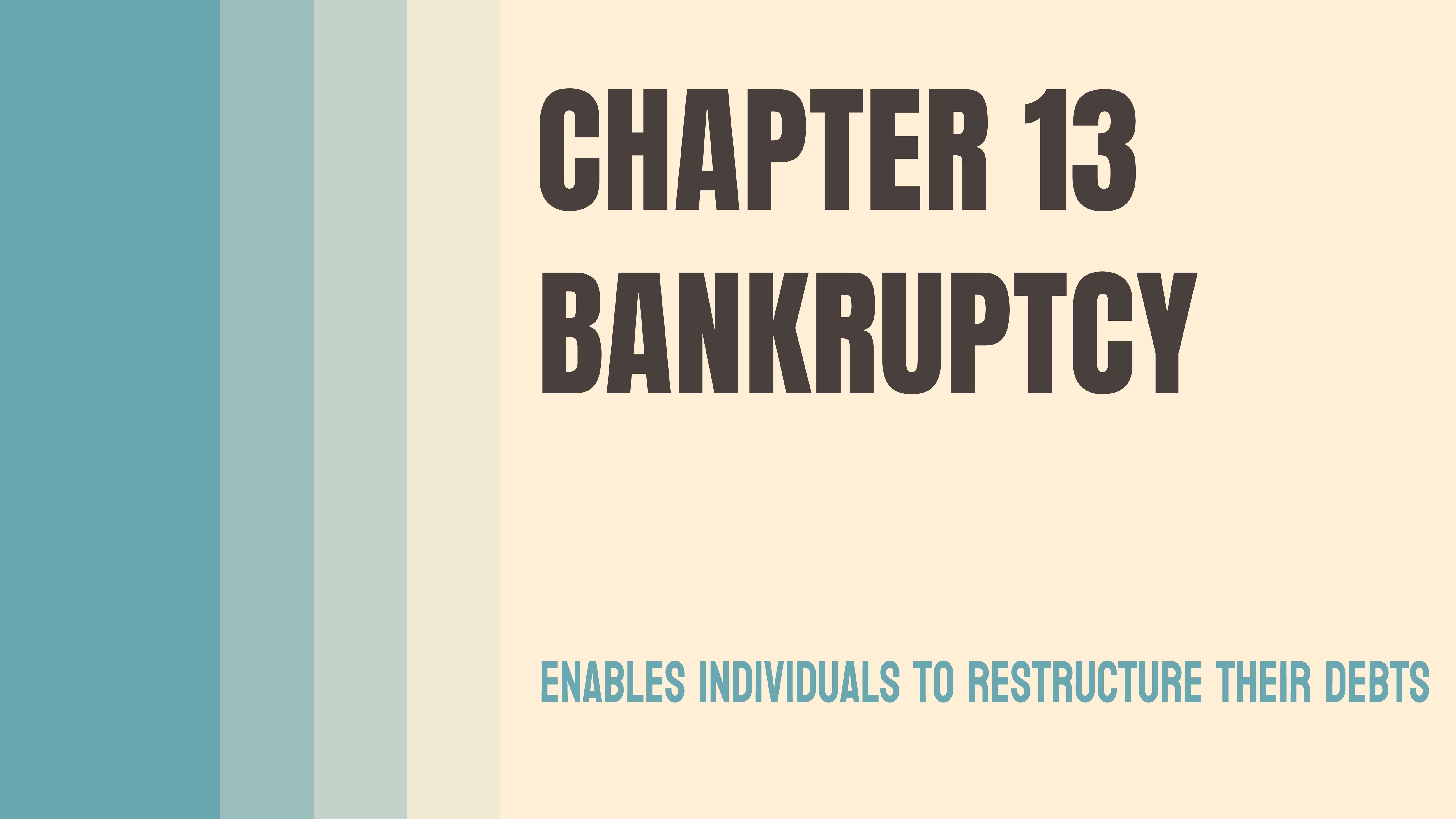Fish & Richardson
This post summarizes two federal cases from the Eastern District of Texas and Western District of Texas, issued in October 2024. The decisions were based on the defendants’ motions for a stay of the cases until the inter partes review (IPR) or related appeals are resolved. The courts granted and denied one stay. This summary focuses on the procedural backdrop and analysis in reaching these holdings.
Viasat, Inc. v. Kioxia Corporation, Kioxia America, Inc., No. 6:21-cv-01231, Dkt. 242 (October 17, 2024)
In this sua sponte decision, Judge Albright granted a stay of the case until the final decision of an appeal of an IPR decision for the sole asserted claim.
Following a claim construction order, plaintiff Viasat dropped all asserted claims except for a single dependent claim. Dkt. 244 at 1-2. This claim was upheld as valid during an IPR before Patent Trial and Appeal Board. The defendant, Kioxia, appealed this decision to the Federal Circuit and filed the present stay while the appeal was pending.
Under these circumstances, the court considered a stay of the case sua sponte. This analysis focused on three factors: “(1) if the stay would unnecessarily prejudice the nonmoving side, (2) if the proceedings had reached an advanced stage including whether discovery was complete and a date for trial set, and (3) if the stay would likely result in the case being simplified before the court.” 242 at 1, quoting NFC Tech. LLC v. HTC Am., Inc., No. 2:13- cv-1058, 2015 WL 1069111, at *2 (E.D. Tex. Mar. The first and second factors were in favor of denying the stay. The court explained Viasat’s interest in timely enforcement of its rights and the risk of losing valuable evidence would cause Viasat to suffer an undue prejudice if a stay was granted. Id. At 2. The court granted the stay, however, because the simplification was the “most significant factor” that could resolve the case. Viasat could not assert the sole claim asserted in the case if the Federal Circuit found that the patent was invalid on appeal. Id. Id. The court found that “the invalidation and only one claim remaining on appeal is guiding” and supported a reasonable probability that the final claim would be found invalid. Id. Id. As such, the third factor alone was sufficient to grant a stay, whereas the first two factors favored denial.
Portsmouth Network Corporation v. Cisco Systems, Inc., No. 2:23-cv-00441, Dkt. The plaintiff in this case asserted 4 patents and the defendant filed IPRs challenging each patent asserted. The PTAB was expected to make a decision on the final petition in December 2024. At the time the decision was made, three of the petitions had been instituted. Judge Gilstrap, unlike in the previous case, expressed “a consistent policy of denying motions for stay when the PTAB is yet to institute proceedings post-grant.” Dkt. 77 at 2. He was not swayed because three of the petitions were already filed.






